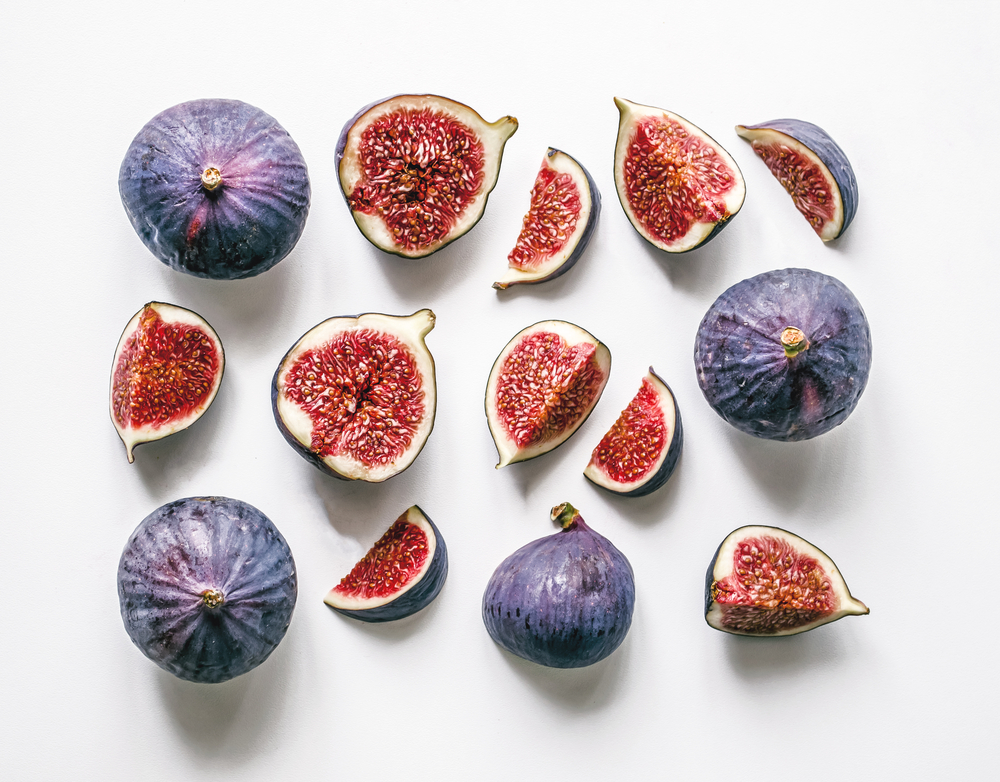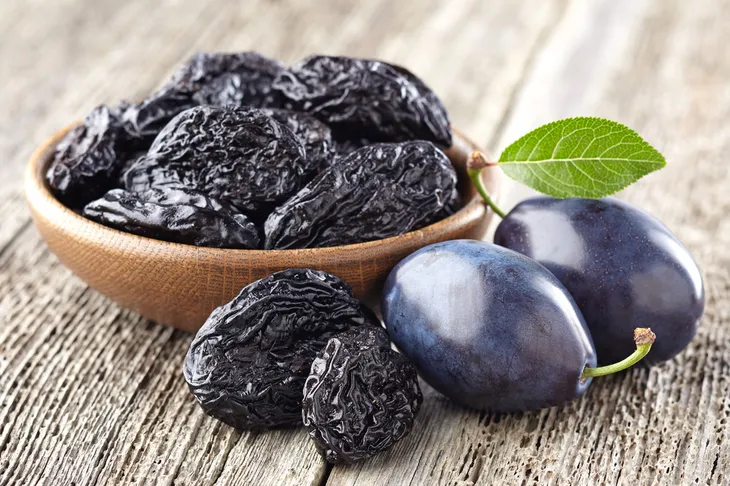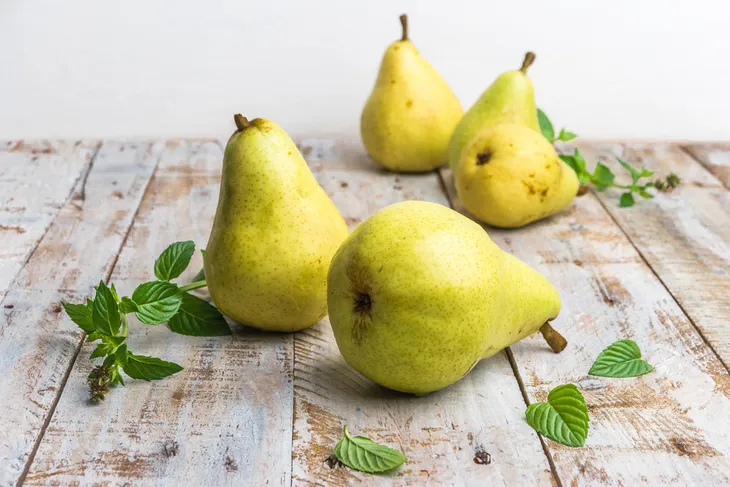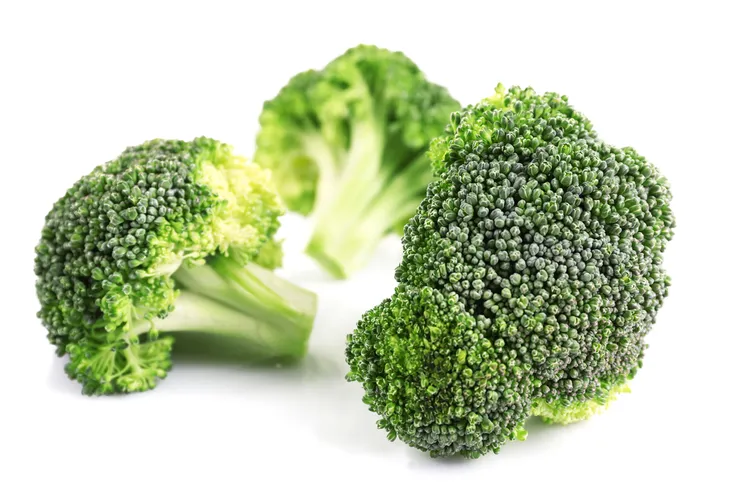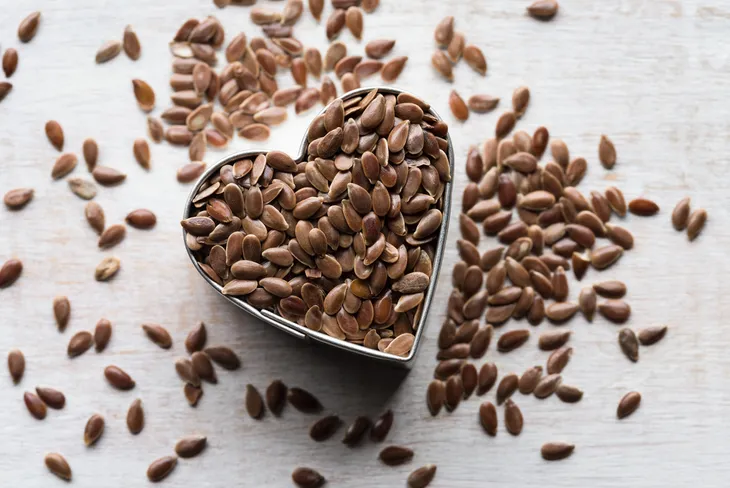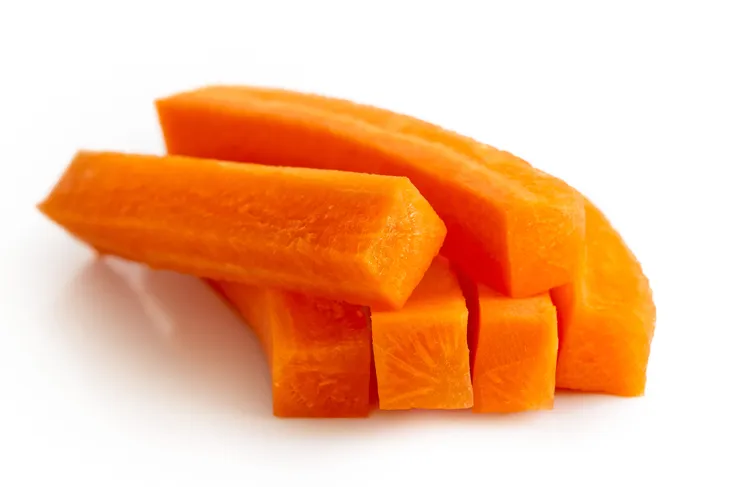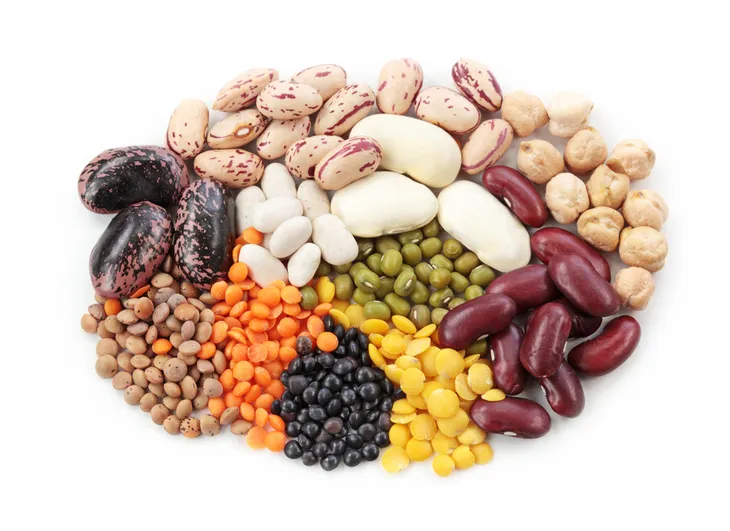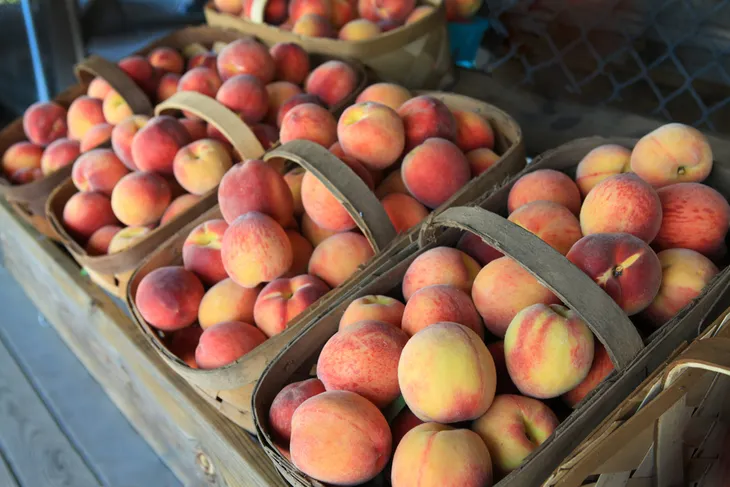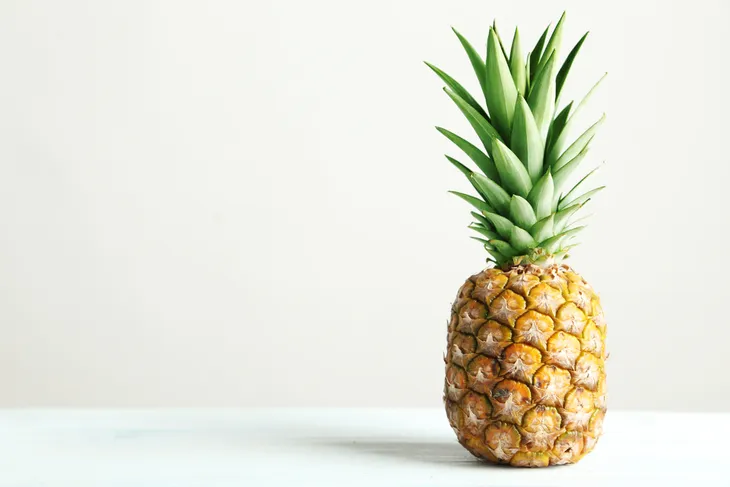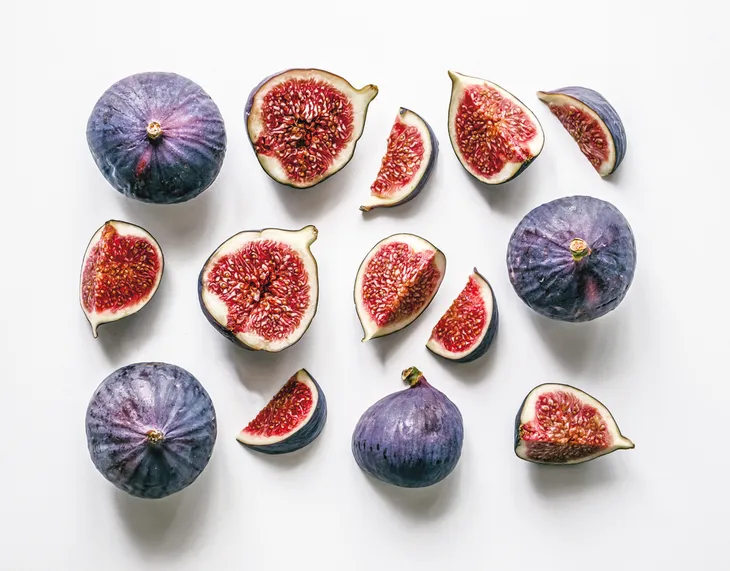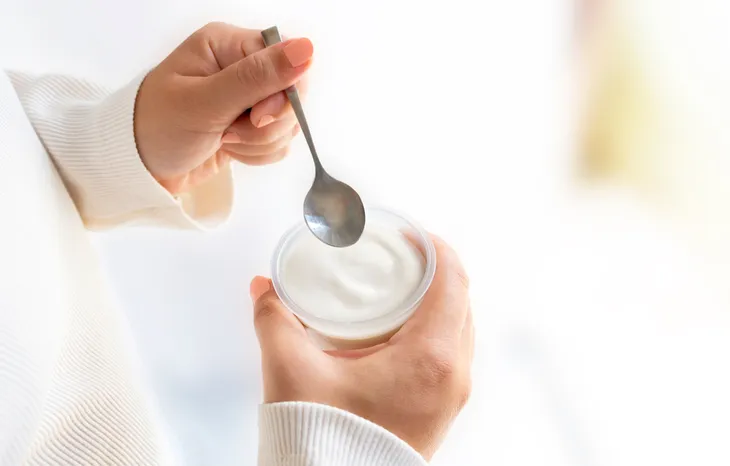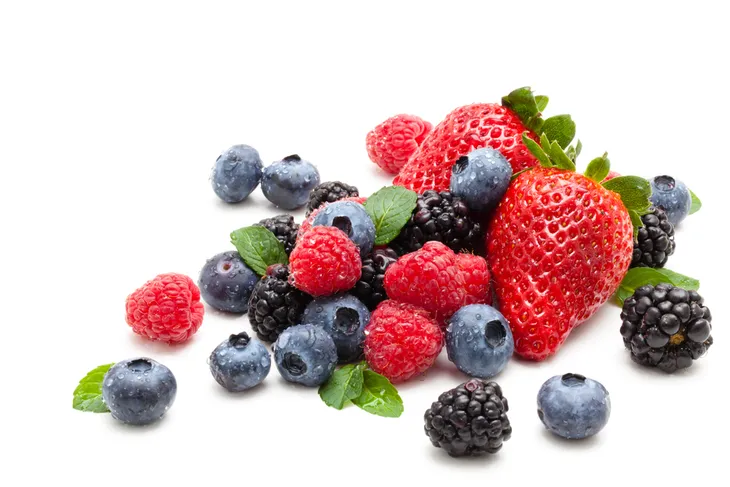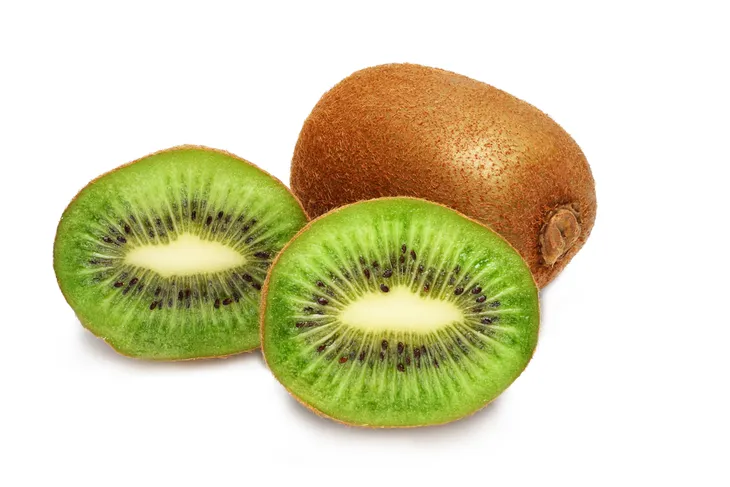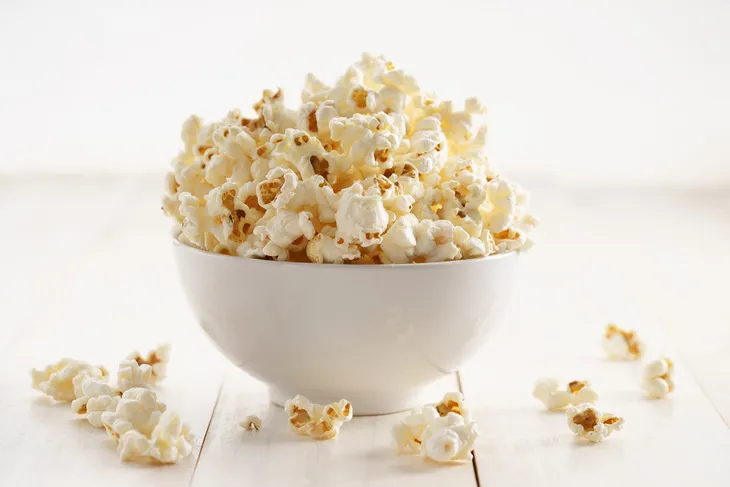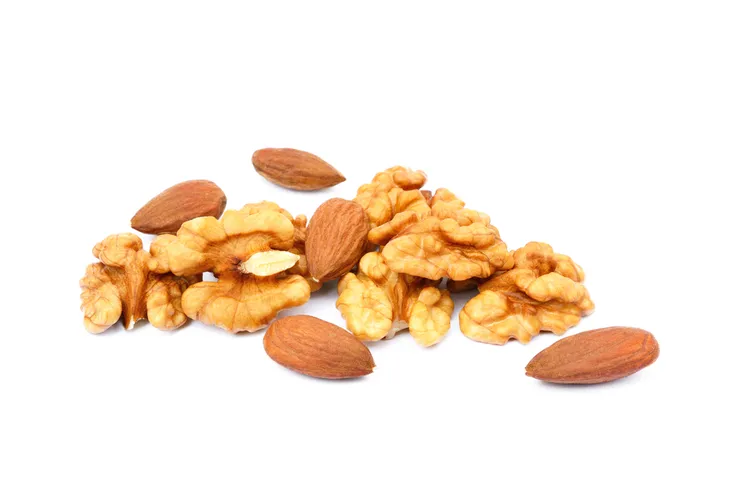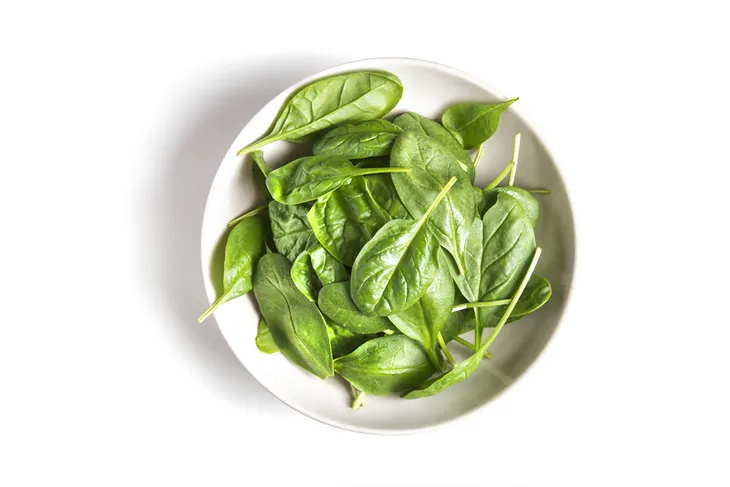There’s nothing comfortable about constipation, which can leave sufferers in pain and without the ability to move easily. Unfortunately it’s also not all that uncommon. Generally described as having fewer than three bowel movements a week, constipation is a frustrating feeling that can prevent people from functioning as they normally would.
Thankfully, there are a number of foods that can help prevent constipation or assist individuals in ending constipation. The trick is to maximize fiber intake. WebMD recommends healthy adults consume more than 25-grams of fiber each day (though this varies depending on gender). So, what foods can help you get to that important threshold?
Want diet & nutrition content delivered straight to your inbox? Sign up for our exclusive diet & nutrition newsletter!
Prunes
Prunes can help to overcome a bout of constipation. That’s because they’re rich in fiber, containing roughly 7-percent of our daily fiber requirement. The best way to get fiber is by eating prunes or dried prunes. While prune juice doesn’t have high fiber content, it does contain sorbitol which is a natural laxative.
Prunes are also an excellent source of iron and potassium—which can help us feel more energetic and ready to take on the day.
Pears
Not only do pears taste delicious—being high in natural sugars—but they’re also an excellent way to move stool through the intestines. Experts estimate that 1 medium pear packs about 6-grams of fiber and only about 100-calories.
There are a number of ways to consume pears. For instance, you can eat the physical fruit or add them to a high-fiber smoothie. If you’re not a fan of pears, note that apples and oranges both contain similar fiber levels.
Broccoli
It’s a well-known fact that broccoli is a healthy food item. After all, most of us were forced to eat it as kids. So, why were our parents so insistent that we eat our broccoli?
It’s mostly because broccoli contains a lot of fiber. In fact, a single cup of raw broccoli contains about 2-grams of fiber—almost 10-percent of a woman’s daily requirement of fiber. To make your broccoli a little more palatable, consider steaming or stir frying it as part of a healthy meal.
Flaxseeds
It’s become a well-known fact that flaxseeds, which can be found in bread or added to smoothies, are an excellent source of omega-3 fatty acids. These essential fatty acids have been shown to improve “good” cholesterol, helping keep our hearts healthy.
But flaxseeds also contain lots of fiber, including both the soluble and insoluble types. As if that’s not enough, flaxseeds also contain a huge amount of lignans, which have antioxidant qualities.
Carrots
We’ve all heard that carrots are packed with beta-carotene, which can improve vision. But carrots are also an excellent source of fiber, including soluble fiber – which can help carry low-quality cholesterol out of your body through your stool.
Carrots have also been shown to improve feelings of satiety. In a study from British researchers, it was found that people who ate carrots felt more full for longer periods of time.
Beans
There are many different types of beans, but virtually all contain a high amount of insoluble and soluble fiber. For instance, the Mayo Clinic suggests one cup of boiled lima beans contains more than 13-grams of fiber, while a cup of canned and cooked baked beans contains more than 10-grams of fiber.
That means beans actually contain more fiber than broccoli, turnip, brussels sprouts, corn, potatoes, tomatoes, carrots, artichoke, and many other fruits and vegetables.
Peaches
There’s no denying that peaches are delicious, whether enjoyed on their own or when added to a fruit salad or dessert. But they’re also packed with fiber, which can help in the digestion process.
For example, a small peach provides about two grams of fiber, a medium peach about 2.5-grams of fiber, while a larger peach can offer up to 3.5-grams of fiber. To make kids swoon over your peaches, consider adding them to morning cereal or oatmeal and drizzling them with honey.
Pineapple
A tropical vacation often means sipping pineapple juice (and perhaps a little alcohol) on the beach. But it can also mean constipation—which is where the pineapple juice can actually help out.
That’s because just 1-cup of unsweetened pineapple juice contains half a gram of fiber and bromelain, which can help remove blockages in the digestive system and get things back on track. In addition, the natural plant enzymes in pineapple juice can help improve bowel functionality.
Figs
Figs are a delicious treat on their own or when added to a sweet dessert. But they’re also high in natural fiber and can do a lot to help us overcome a frustrating bout of constipation.
Research from LiveStrong claims a single dried fig contains nearly 1-gram of fiber. Together, four dried figs provide more fiber than one would get eating three medium-sized prunes or a small apple. So, if you love the taste of figs but hate constipation, go ahead and gobble them up.
Yogurt
Many people struggle with constipation because they don’t like the taste of fruits and vegetables, both of which contain lots of fiber. If you fall into this group, try adding more yogurt to your diet.
That’s because yogurt contains probiotics, which have been shown to help in the digestive process and reduce constipation. In fact, a Harvard study showed that probiotics helped reduce “gut transit time,” increased the number of bowel movements each week, and helped soften stool, making it easier to go to the washroom.
Berries
Pears, peaches, and pineapple aren’t the only sweet ways to overcome constipation. You can also have your pick of berries—whether strawberries, raspberries or blackberries—as they’re all great sources of fiber. A cup of fresh strawberries, for instance, contains 3-grams of fiber.
The same serving size of raspberries and blackberries offers 8-grams, and blackberries provide 7.6-grams. Fiber isn’t the only thing berries are rich sources of, though. They’re oftentimes referred to as superfoods because they’re packed with antioxidants, as well as other essential nutrients like vitamin C, manganese, and vitamin K. To boost your berry intake try adding them to smoothies or using as toppers for yogurt, oatmeal, and cereals.
Kiwis
Yet another fruit that helps relieve constipation is kiwi. While its fuzzy, brown outward appearance may not be all that appealing; there’s sweet, vibrant green flesh on the inside—and it’s chock-full of fiber.
In fact, just one kiwifruit offers approximately 2-grams of fiber, which equates to 8-percent of the recommended daily intake. But Healthline says it’s not just fiber that makes kiwi good for alleviating constipation: “An enzyme known as actinidin is also hypothesized to be responsible for kiwifruit positive effects on gut motility and bowel habits.” Although delicious on their own, you can also add kiwifruits to salads or smoothies.
Popcorn
Not only is popcorn a fun snack to enjoy when sitting down to watch a movie, it can also help to relieve constipation due to its high fiber content—a 3-cup serving provides 3-grams. It’s low in calories, too, with the same serving size containing just 93.
Be sure to stick with air-popped or plain microwave varieties, however. While butter and salt certainly make popcorn more delicious to eat, these additives can reduce some of its constipation-relieving benefits. For example, the high fat content in butter can actually cause constipation.
Nuts
In addition to popcorn, nuts are another beneficial snack food to keep on hand when you’re battling a bout of constipation. Like the other foods mentioned on this list, they’re incredibly high in fiber. Almonds, for instance, contain 3.5-grams per one-ounce serving.
The same serving size of pecans offers 2.6-grams, and walnuts have 1.9-grams. Try noshing on a handful, or adding them to salads, oatmeal, and yogurt. Be sure to watch your intake, however, as nuts are also high in calories. And always opt for raw or dry roasted varieties, as opposed to those roasted in oil or seasoned with salt.
Spinach
Leafy greens seem to be beneficial for just about everything—constipation included. Spinach, in particular, is packed full of fiber. Healthline says just one cup of cooked spinach contains 4.3 grams of the nutrient, which is about 17-percent of the recommended daily intake.
In addition to fiber, spinach is also rich in magnesium, which helps to move stool through your digestive system by drawing water into your intestines. While spinach is commonly consumed raw in salads and smoothies, try cooking it by adding it to pastas, quiches, and soups.
